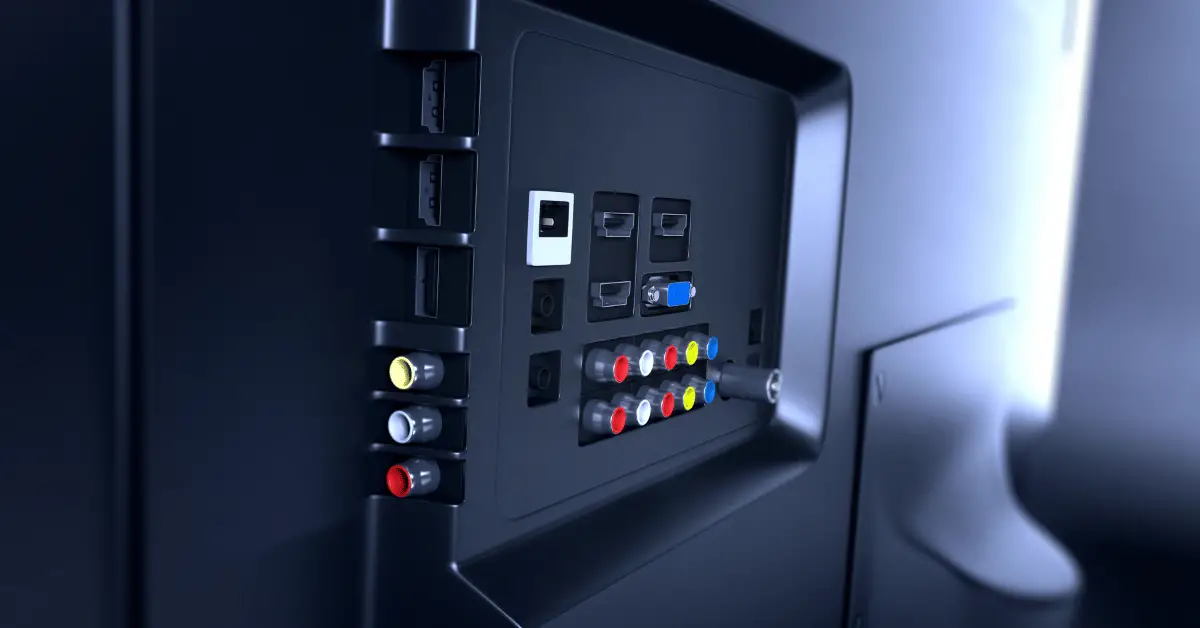If you’re looking to connect your projector to cable or satellite TV, a TV tuner is an essential device that allows you to receive and display TV channels on your projector screen. However, with so many options available on the market, it can be overwhelming to choose the right TV tuner for your projector. In this guide, we’ll walk you through the specific features and considerations to keep in mind when choosing a TV tuner for your projector. We’ll also review some of the best TV tuners available to help you make an informed decision.
Table of Contents
TV Tuner for Projector Reviews: What Should You Look for Specifically?
When it comes to connecting your projector to cable or satellite TV, a TV tuner is an essential device that allows you to receive and display TV channels on your projector screen. However, with so many options available on the market, it can be overwhelming to choose the right TV tuner for your projector. In this guide, we’ll walk you through the specific features and considerations to keep in mind when choosing a TV tuner for your projector. We’ll also review some of the best TV tuners available to help you make an informed decision.
What is a TV Tuner?
A TV tuner is a device that allows you to receive and display TV channels on your projector screen. It receives signals from cable, satellite, or over-the-air broadcast sources and converts them into a format that can be displayed on your projector. Most TV tuners connect to your projector using an HDMI cable.
Factors to Consider When Choosing a TV Tuner
Compatibility
One of the most important factors to consider when choosing a TV tuner is compatibility with your projector. Make sure to check the specifications of your projector to ensure that it is compatible with the TV tuner you’re considering.
Signal Type
Another factor to consider is the type of signal the TV tuner supports. Most TV tuners support digital signals, such as ATSC, QAM, or DVB-T. However, some older tuners may only support analog signals. Make sure to check the signal type supported by the TV tuner to ensure that it is compatible with your cable or satellite TV provider.
Recording Capability
If you want to record TV shows or movies, look for a TV tuner with built-in recording capability. Some TV tuners have a built-in hard drive or support external hard drives or USB sticks for recording.
Electronic Program Guide (EPG)
An electronic program guide (EPG) is a feature that displays a list of TV programs and their air times. Some TV tuners have a built-in EPG that allows you to easily browse and schedule recordings of your favorite shows.
Picture Quality
Finally, consider the picture quality when choosing a TV tuner. Look for a TV tuner that supports high-definition (HD) resolutions, such as 1080p or 4K, to ensure that you’re getting the best possible picture quality.
Top TV Tuners for Projectors
Here are some of the top TV tuners for projectors:
- Hauppauge WinTV-quadHD
The Hauppauge WinTV-quadHD is a popular TV tuner that supports up to four TV tuners on a single PCIe card. It supports digital signals, including ATSC, QAM, and DVB-T, and has a built-in EPG.
- AVerMedia AVerTV Volar Hybrid Q
The AVerMedia AVerTV Volar Hybrid Q is a compact TV tuner that supports both digital and analog signals. It has a built-in EPG and supports HD resolutions up to 1080p.
- SiliconDust HDHomeRun Connect Duo
The SiliconDust HDHomeRun Connect Duo is a network TV tuner that connects to your home network and streams TV channels to your projector. It supports digital signals, including ATSC and QAM, and has a built-in EPG.
Do projectors have tuners?
No, projectors do not typically have built-in TV tuners. While some projectors may have basic TV reception capabilities through the use of an antenna or coaxial cable input, they do not have a built-in tuner to decode and display cable or satellite TV channels. Instead, a separate TV tuner device is required to receive and display TV channels on a projector.
TV tuners are available as external devices that connect to a projector via HDMI, VGA, or other video inputs. They typically receive and decode digital TV signals, such as ATSC or DVB-T, from a cable or satellite provider and convert them to a format that can be displayed on the projector screen. Some TV tuners also offer additional features, such as electronic program guides (EPGs) and built-in recording capabilities.
It’s important to note that not all TV tuners are compatible with all projectors. Before purchasing a TV tuner, make sure to check the specifications of your projector to ensure that it is compatible with the TV tuner you’re considering.
Conclusion
In conclusion, projectors do not typically have built-in TV tuners, but external TV tuner devices can be used to receive and display TV channels on a projector screen. When choosing a TV tuner for your projector, it’s important to consider compatibility with your projector, the type of signal it supports, recording capabilities, electronic program guide (EPG), and picture quality. By keeping these factors in mind and researching the options available, you can find the right TV tuner for your projector and enjoy your favorite TV shows and movies on the big screen in the comfort of your own home.

